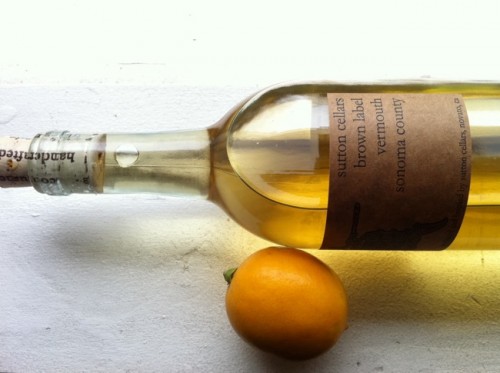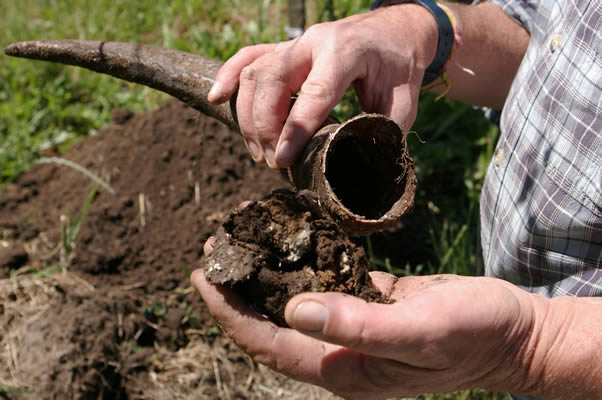Calling all Wine Geeks, Sutton Cellars Tasting!
Beth Ribblett
Wild yeasts; low alcohol; high acid; minimal oak; unfined; unfiltered; hand bottled; hand corked; natural winemaking....music to my ears in terms of wine production in any part of the world. But Carl Sutton is doing this in the unlikely place of his urban winery in the historic Dogpatch neighborhood of San Francisco. David Kenney from Uncorked will be pouring 4 of Carl's cool, geeky wines at our Wednesday Nite Flites this week and this is going to be a night you don't want to miss!
 |
| Carl Sutton |
Carl created Sutton Cellars in 1996 and started with an annual production of just 350 cases. He has increased production to 3000 cases, half of which is sold as part of a really tasty jug wine program. His grapes grow mostly in Sonoma County
(with a little Mendocino in the mix), and are often single vineyard wines. At a
time when many claim personal care, Sutton's brown label wines are actually
filled and corked by hand. Often this kind of care implies high costs, but
Sutton stays amazingly affordable at $17-$30 a bottle.
His brown label wines, which we will taste on Wednesday, are produced in lots of about 100-300 cases, making them very low production wines. As per their website, the goal at Sutton Cellars is to coax wines of subtlety from the
vineyard striving for lower alcohol, higher acid and less oak than is
the commercial norm in California winemaking.
Carl displays his individuality and passion in the quality wines he produces. He is probably most noted for his Vermouth, the first artisanal wine of its kind to be released in California in a decade. Made from a base of Sonoma wine and infused with 17 botanicals, including rosemary from the bush outside the winery, the Sutton vermouth is round and big-bodied, with a drier profile than most brands on the market. We'll have you try it alone first and then as a sprizter with sparkling water and lemon. The perfect apertif, it's dry and elegant, in an herbal-citrusy-savory way, and at the same time rich and mouth-filling from the fortifying brandy.
We'll also be tasting his rose, a red made with 60 year old Carignan vines and a dessert style red. Here's the info on the wines, but really you just need to come taste them!
Vin de Noix - a California take on the apertifi drinks of the Dodogne region in France - red base wine is fortified up to 17% and flavored by macerating green walnuts, spices and other botanicals. The wine is aged both in glass demijohns and older neutral oak barrels.
2010 Rattlesnake Rose - made from 60 year old vines that are dry farmed and certified organic. Barrel fermented in in older barrels with natural yeast and aged sur lie for 18 months. Unfined, unfiltered and no added sulfites; only 150 cases produced.
| La Solera |
2010 Carignane - made from 60 year old vines that are dry farmed and certified organic. Aged 18 months in older French oak. Unfined, unfiltered and no added sulfites; only 150 cases produced. This single-vineyard old-vine Carignane is a scrappy mix of plum and just-cracked peppercorns for easy drinking.
La Solera - A blend of vintages from 1999- 2007 of equal parts Zinfandel and Syrah with 15% Carignane. Aged in old barrels with a portion of the wine baked in the sun in glass demijohns. It evokes Madeira, Banyuls, sherry, even whiskey, with whispers of burnt orange, and a golden richness from its time resting in the sun, a classic method he picked up in Spain.
Wednesday Nite Flites, November 28th, 6-8pm with David Kenney from Uncorked. Be there! No reservations required, special $10 flite because we REALLY want you to taste these wines!!!




